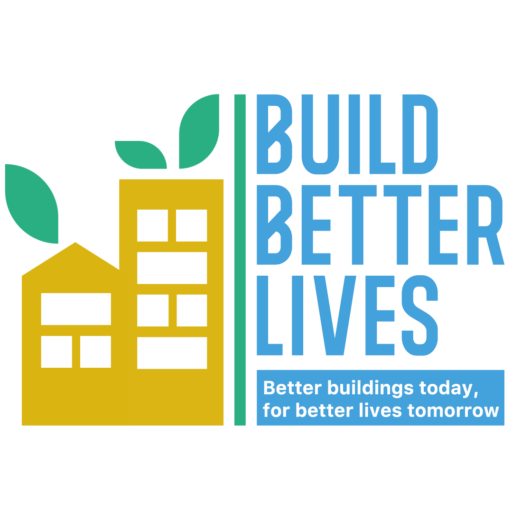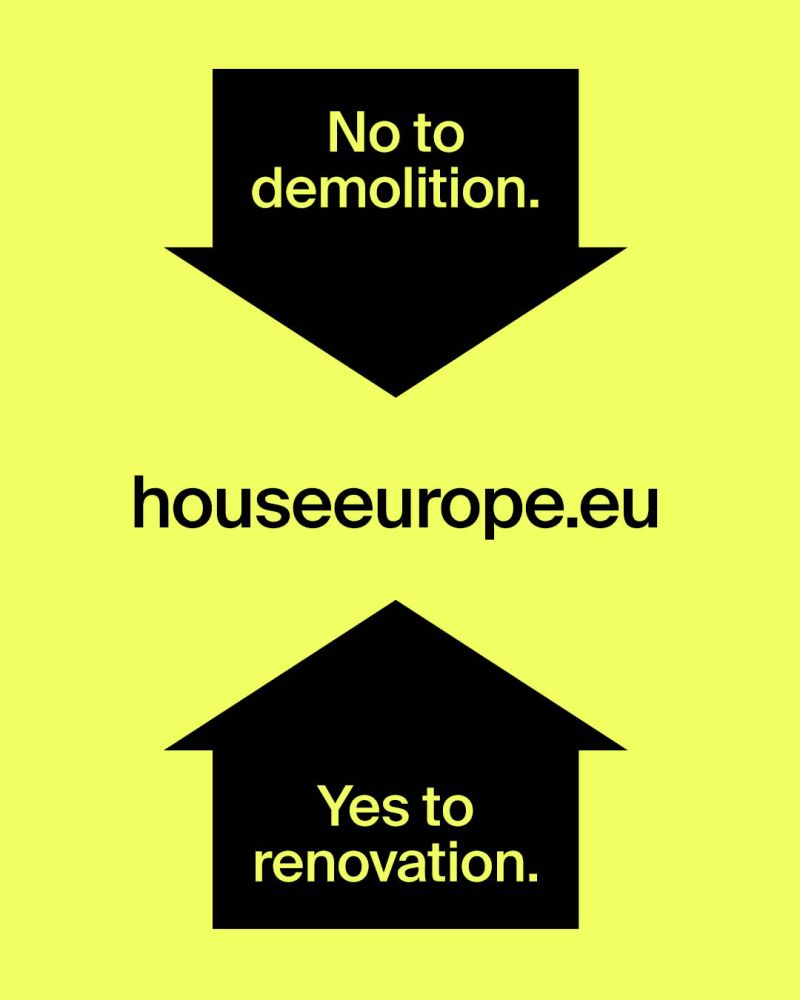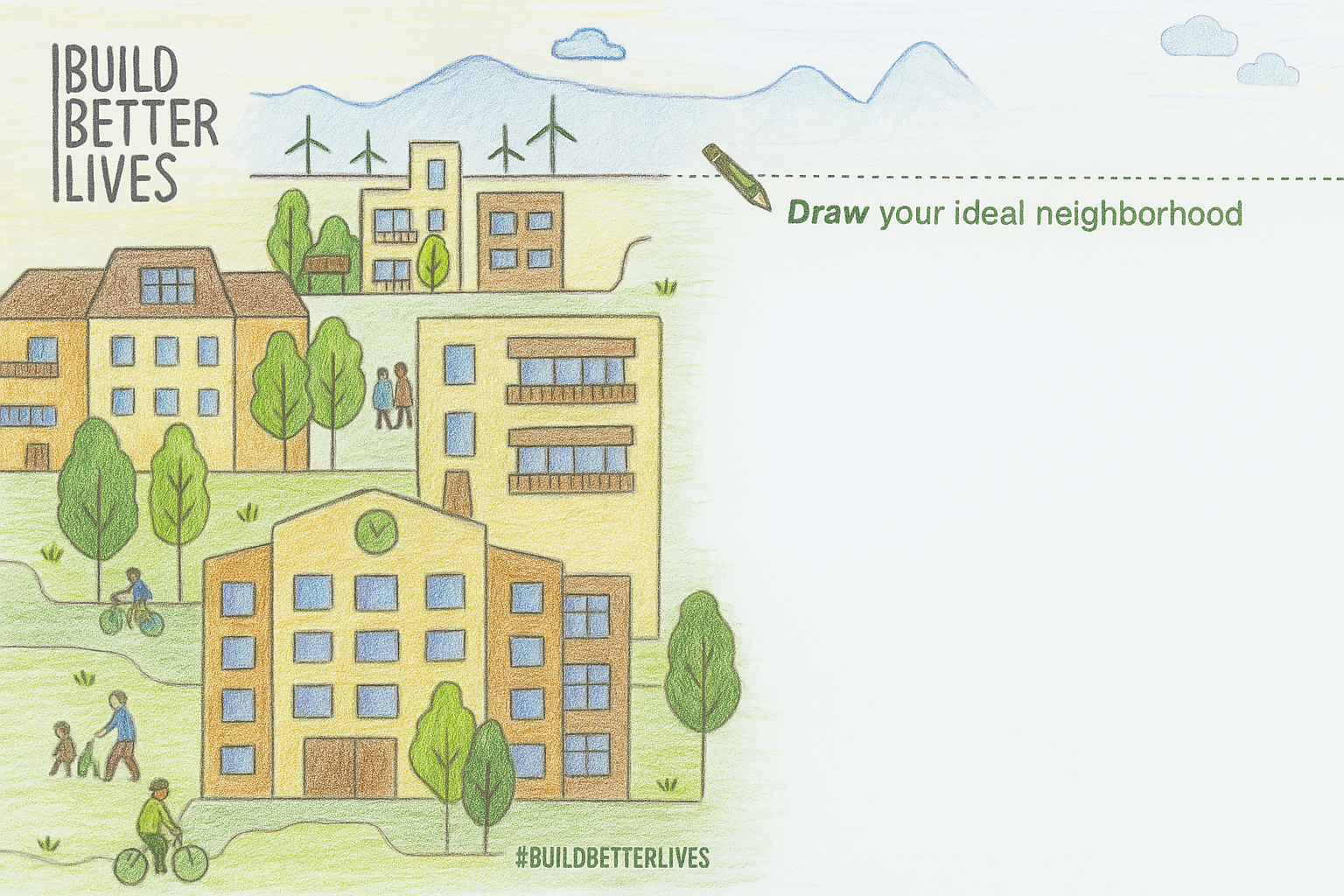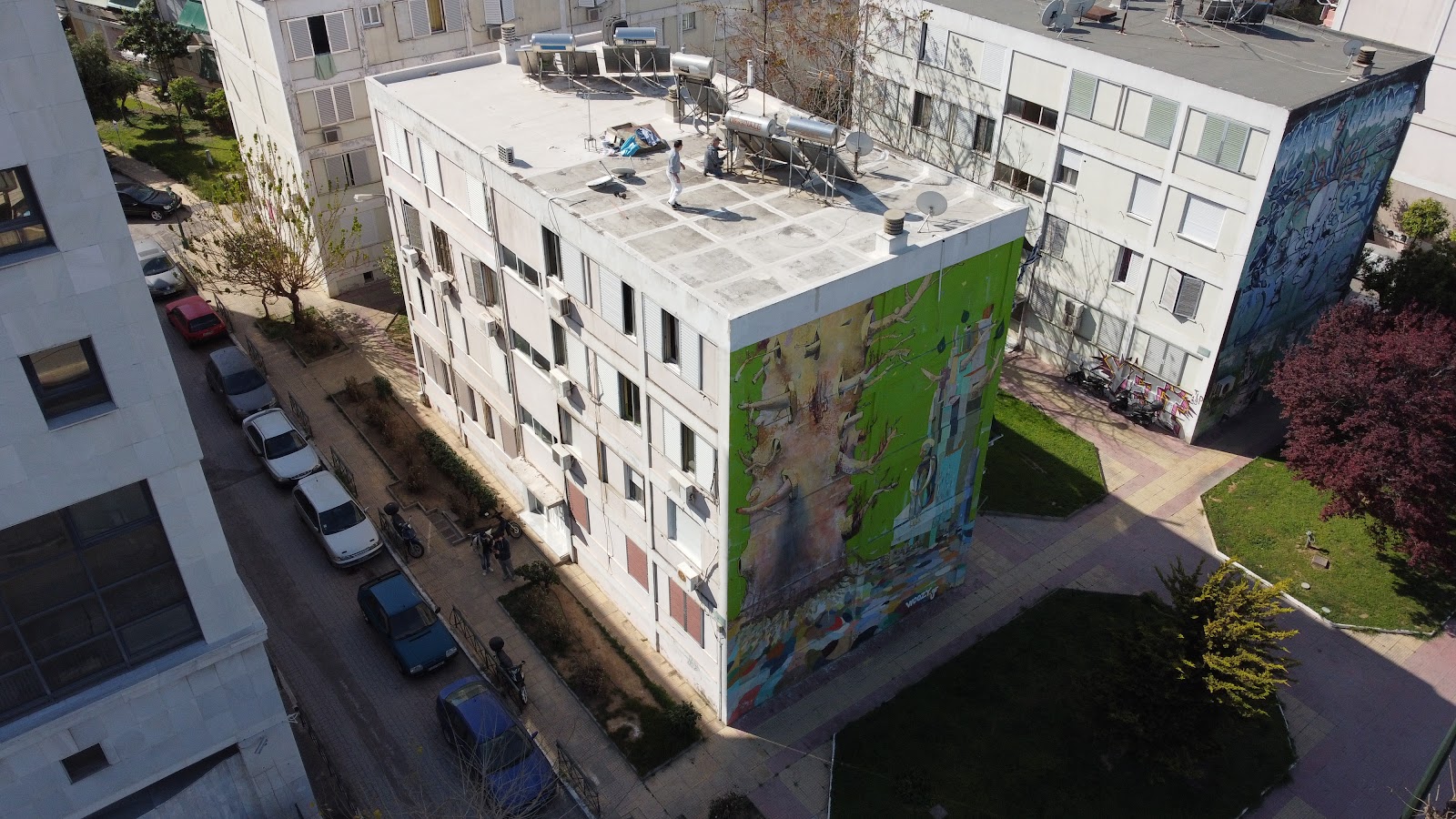
Athens, GREECE – The Hellenic Passive House Institute
Project led by The Hellenic Passive House Institute & the Municipality of Moschato-Tavros

Across Europe, inefficient buildings drive carbon emissions, deepen energy poverty, and trap millions in unhealthy living conditions. In Athens, Greece, the Tavros Project is proving that deep renovation can deliver affordable, climate-friendly housing while uplifting communities. In the face of climate breakdown, rising energy poverty, and a pressing need for more resilient communities, the way we build and renovate our homes has never been more important. Solutions do exist, and the Tavros Project in Athens is proving that ambitious action can transform lives—today.
Transforming homes, transforming lives
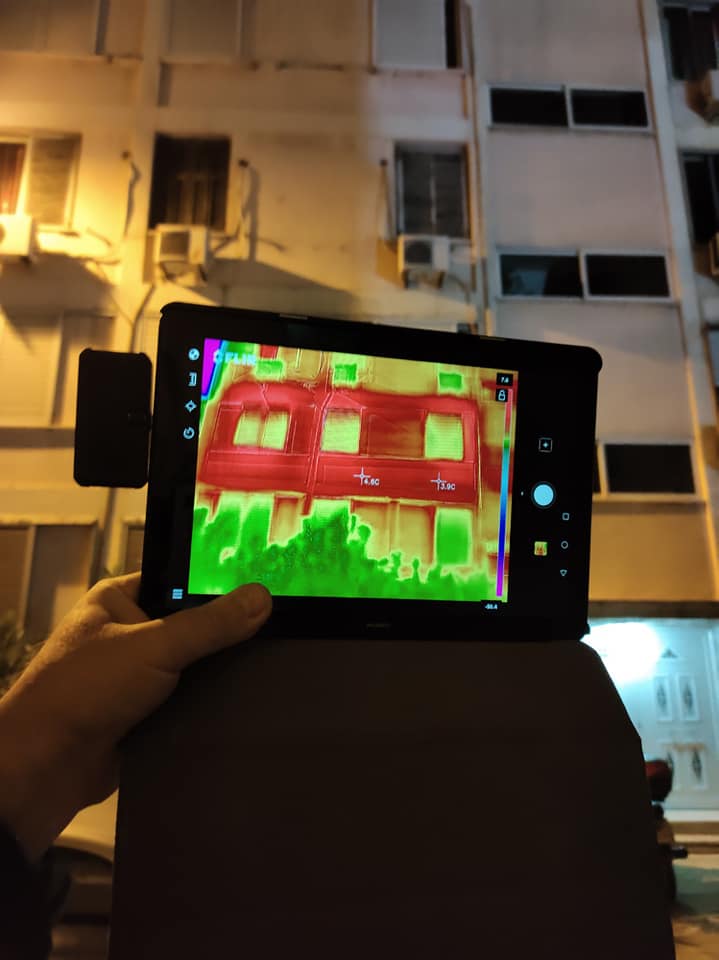
A pioneering initiative led by the Hellenic Passive House Institute (HPHI) and the volunteer team Passivistas, in collaboration with the Municipality of Moschato-Tavros, the Tavros Project showcases how deep energy retrofits can deliver affordable, climate-friendly, and high-comfort housing for all. This renovation of a multi-family social housing block into a Passive House standard building is a beacon of what is possible when communities, organisations, and policymakers work together.
The project adheres to the world’s most stringent energy standard—the Passive House standard—cutting energy demand by 90%. Advanced insulation, airtight construction, triple-glazed windows, and a heat recovery ventilation system create a home that stays warm in winter and cool in summer without the burden of costly heating or air conditioning. With the installation of solar panels, the building will generate more energy than it consumes, making it a Positive Energy Building that protects tenants from fluctuating energy prices and ensures zero energy bills.
This is not just about upgrading insulation or swapping out windows—this is about ensuring that vulnerable households have access to high-quality, energy-efficient homes that dramatically reduce energy bills and provide year-round comfort.
A community-driven model for change
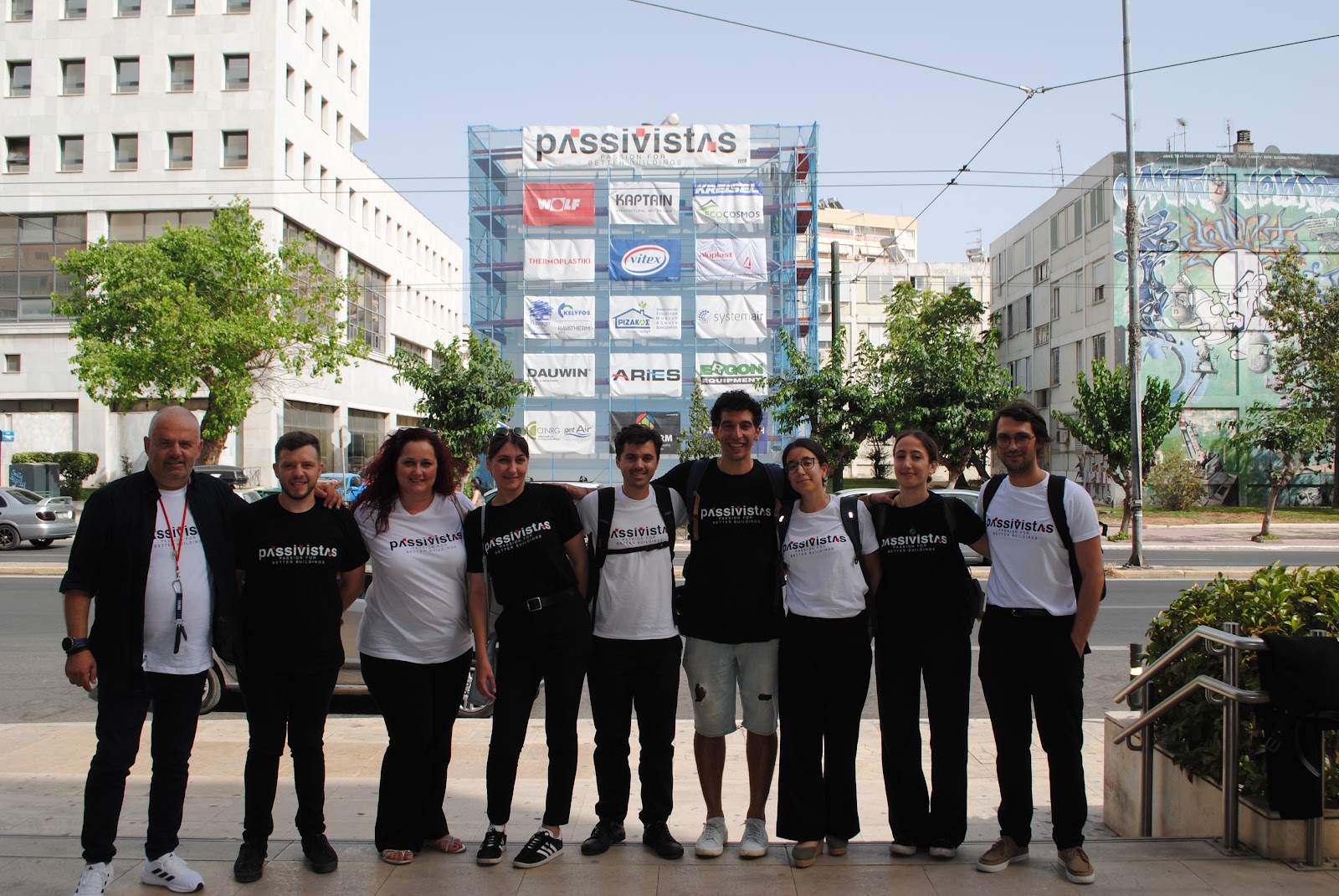
This transformation is made possible through a unique funding model: a combination of corporate sponsorships, crowdfunding (led by Greenpeace Greece), and volunteer work. The project is also supported by the EU-funded RINNO initiative, which will monitor and optimise energy performance post-renovation. By prioritising community-driven funding, the Tavros Project proves that ambitious climate action does not need to be exclusive—it can be inclusive, equitable, and replicable.
The Tavros Project is not just about bricks and insulation—it is about people. It is about proving that deep renovation can be scaled up to ensure that everyone, regardless of income, has access to energy-efficient housing. To ensure lasting impact, the project is designed as a “Living Lab” for education and training, offering:
- Hands-on workshops for engineers, construction workers, and students to gain expertise in high-performance building techniques.
- Technical demonstrations of Passive House principles, bridging the knowledge gap in the industry.
- Public engagement sessions to empower citizens to demand and adopt similar solutions.
Education and empowerment are at the heart of this initiative. The building will serve as a “Living Lab” for five years, offering hands-on training, workshops, and open days where engineers, construction workers, and students can learn how to replicate the Passive House standard. In a region where energy poverty remains a major issue, this knowledge-sharing component ensures that the impact of the Tavros Project extends far beyond a single building.
Scaling up: from one building to a movement
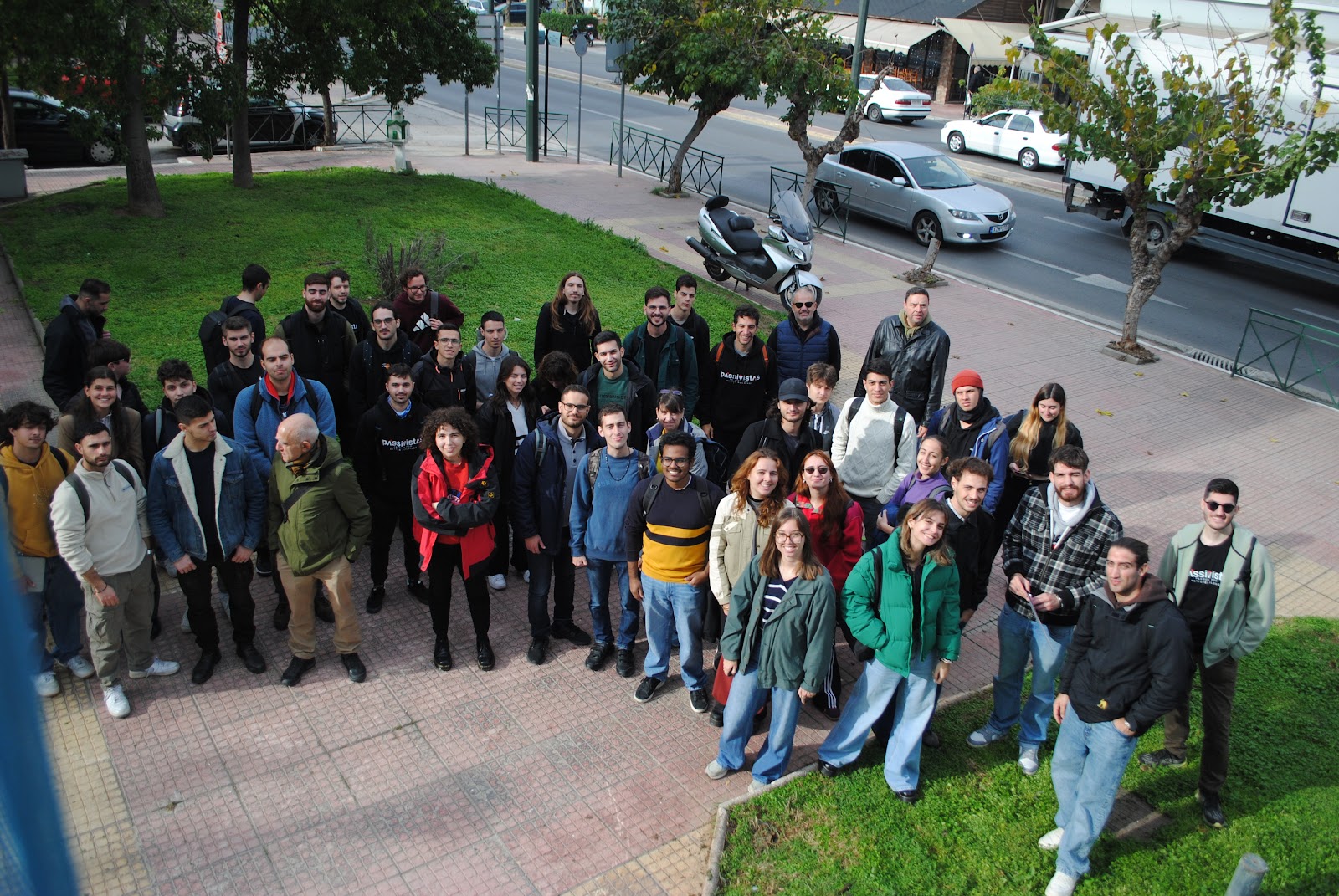
The Tavros Project is proof that ambitious climate action is not only necessary but entirely achievable. It shows that the transition to a low-carbon built environment can deliver immediate benefits to those who need it most—if we prioritise the right policies, funding mechanisms, and community engagement. This is not just a story of one building in Athens; it is a call to action for cities across Europe to scale up deep renovation efforts and ensure that no one is left behind in the energy transition
The success of this project is already inspiring change. The Mayor of Athens has called for a district-level replicability plan, recognizing the project as a model for tackling urban sustainability at scale. In an area with over 250 similar buildings, replication could mean lower energy costs, better health, and improved living conditions for thousands of residents.
A call to build better lives
The Tavros Project exemplifies what the Build Better Lives campaign stands for: putting people at the center of climate action, financing work for those who need it most, and ensuring that every household—regardless of income—has access to a decent, comfortable, and climate-friendly home.
This is not just a success story; it is a call to action. Across Europe, the challenge of decarbonising our built environment is immense, but solutions like the Tavros Project prove that it is possible. We must scale up these efforts, push for policies that prioritise deep renovation, and ensure that the transition to sustainable housing leaves no one behind.
Tomorrow’s cities should not be museums of missed opportunities—they should be living proof that we chose to build better lives.
